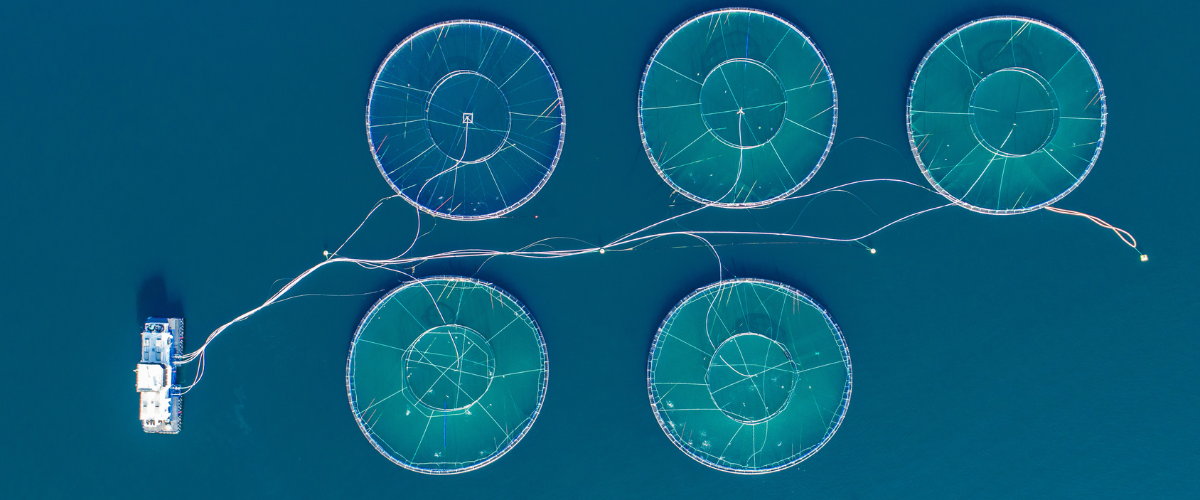With demand for fish on the rise, Stanford food security expert Dr. Roz Naylor offers a perspective calling attention to the need for greater oversight of growing antimicrobial use that impacts the health of fish, ecosystems, and humans. This excerpt is from a story by the Stanford Center for Innovation in Global Health. Read the full piece here.
Aquaculture plays an important role in creating healthier, more equitable, and sustainable food systems. However, the management of fish diseases in these farms is in many ways a “wild west” that has critical implications for ecosystems and human health, including antimicrobial resistance, according to a leading Stanford food security expert.
While fish farms are critical to meeting a skyrocketing global demand for fish as a more sustainable and nutritious source of animal protein, many aquaculture systems in the Global South are overcrowded and poorly regulated, leading to the overuse of antibiotics to control disease.
“There’s a really tricky trade-off of between wanting to accelerate growth of aquaculture because it provides good nutrition, often with a lower environmental footprint than other animal food sources, and the treatment of disease in these aquatic systems,” says Rosamond (Roz) Naylor, PhD, the William Wrigley Professor of Global Environmental Policy and founding director of Stanford’s Center on Food Security and the Environment.
Naylor’s research covers all aspects of food systems and food policy, including blue foods — marine and freshwater plants, animals, and algae cultivated or caught for food. She co-chairs the Blue Food Assessment, which scientifically evaluates the choices through which decision-makers in the private and public sector can affect positive transformation in the global food system.
Read the full Stanford Center for Innovation in Global Health story >
